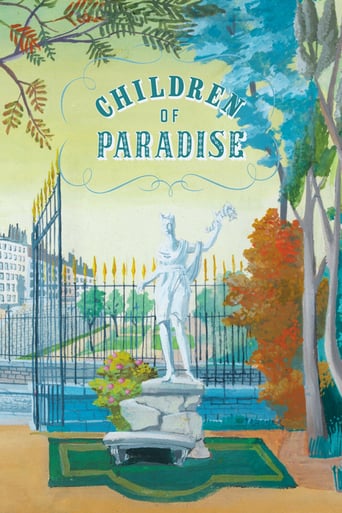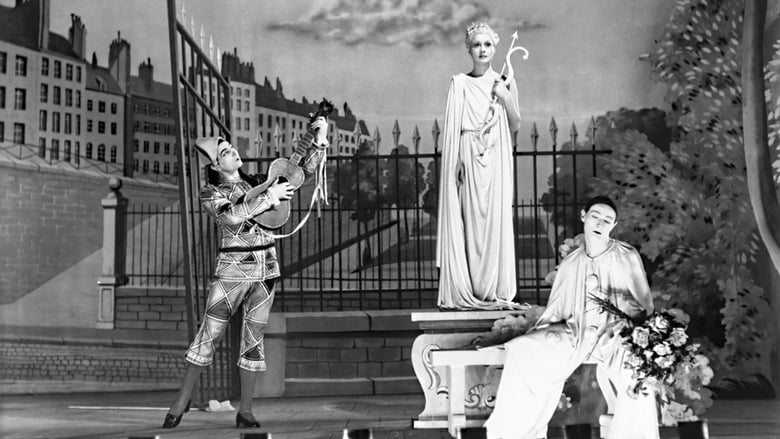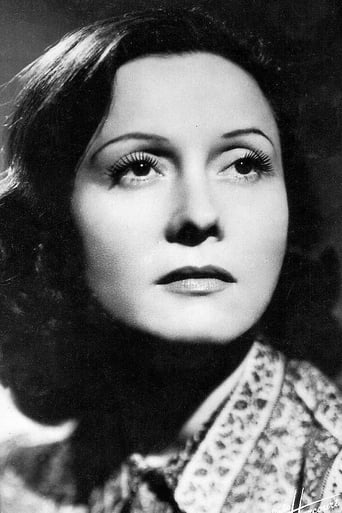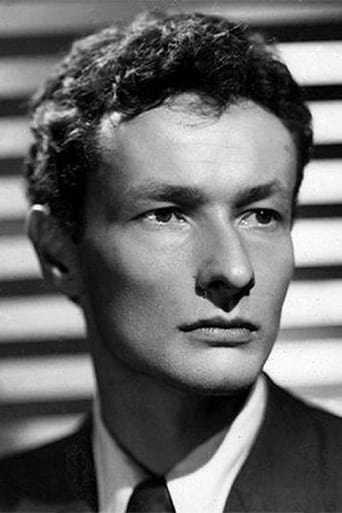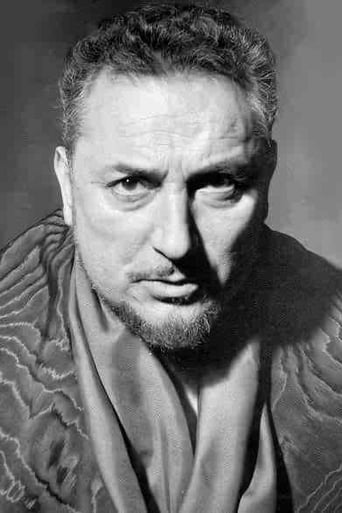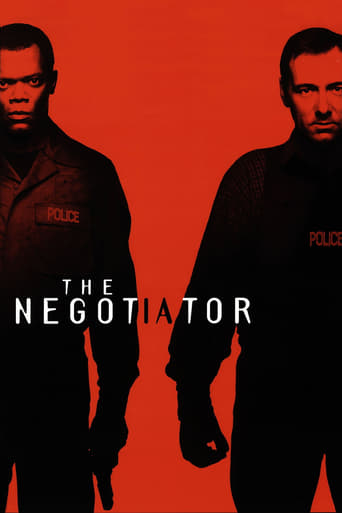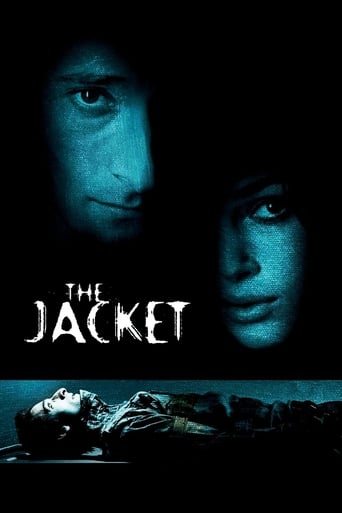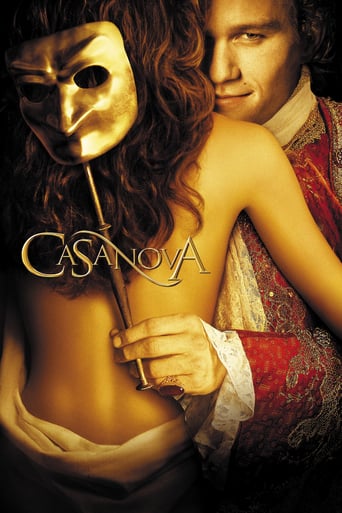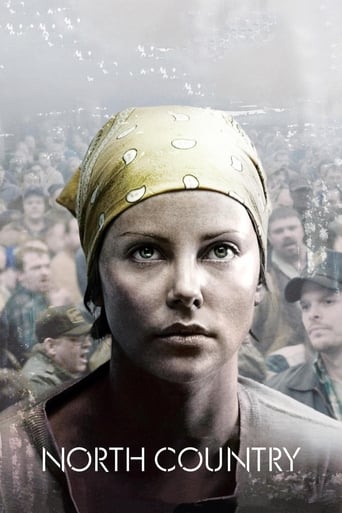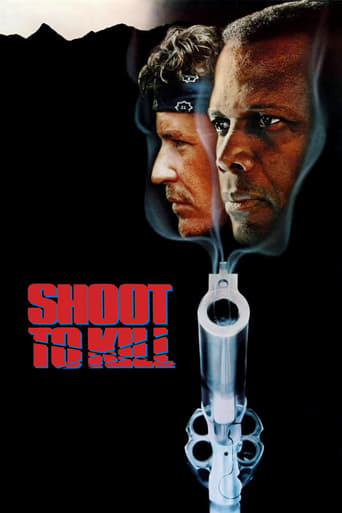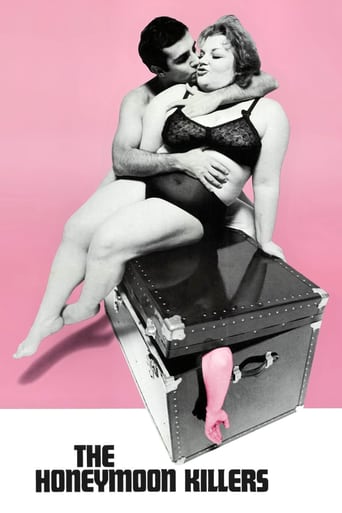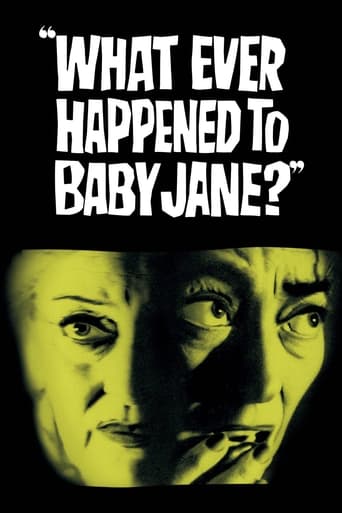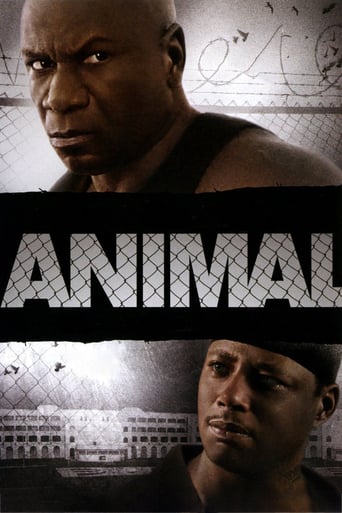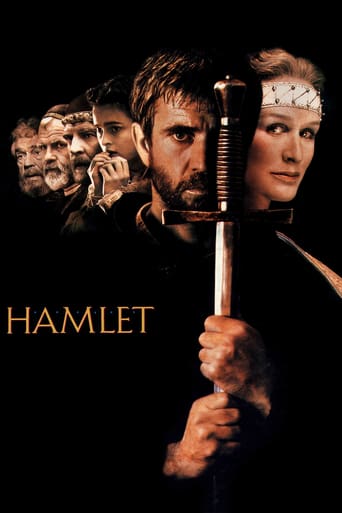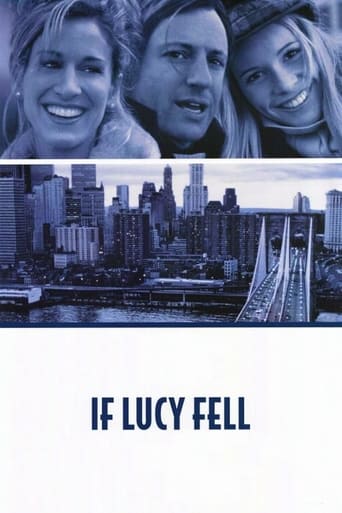Children of Paradise (1946)
In a chaotic 19th-century Paris teeming with aristocrats, thieves, psychics, and courtesans, theater mime Baptiste is in love with the mysterious actress Garance. But Garance, in turn, is loved by three other men: pretentious actor Frederick, conniving thief Lacenaire, and Count Edouard of Montray.
Watch Trailer
Free Trial Channels
Cast


Similar titles
Reviews
I like the storyline of this show,it attract me so much
I am only giving this movie a 1 for the great cast, though I can't imagine what any of them were thinking. This movie was horrible
Your blood may run cold, but you now find yourself pinioned to the story.
This movie feels like it was made purely to piss off people who want good shows
Marcel Carne definitely a lot of philosophizing, But the philosophy of life in the poetic realism of the "fatalistic" description of characters is inevitable. CHILDREN OF PARADISE is a very ambitious movie about the life masquerade. The world of theater is full of mysterious truths, secrets, intrigue and illusion.The story of the passions in the Parisian theaters. Theaters are alive no matter what. The protagonists are fatherless and poor, in other words they are ideal. To favor the beautiful courtesan fight four men. Each in their own way. Mime, actor, villain or aristocrats. The lady was long ago chose only what any of them do not know.Philosophy drama is never completely clear. Wandering through the net, woven of love, hate and jealousy is hard to unravel. Dialogues are elegant and poetic. The reasons are futile. Destiny is already predetermined.Jean-Louis Barrault as Baptiste Deburau is magical and unreal in its scenes of pantomime. The character who is more fascinated by a woman, but life in general. This is the main reason for his beloved courtesan will not become part of it. Arletty as Claire "Garance" Reine in the role of an intriguing woman who skillfully hiding their own secrets, because life does not give her enough freedom so that its secrets become reality. Pierre Brasseur as Frédérick Lemaître is extravagant, conceited and selfish actor. The initiator of its environmental role sadness.This film was made between silence and speech. Where one stops the other starts. Scenery and the atmosphere in the false silence are magical. However, sometimes one must speak out. Words are vulnerable but strong. I think this movie should everyone look.
Shot during the German-occupation of France, Children Of Paradise is a film where its historical context feeds into its point and purpose. While on-screen it featured aristocrats concerned with love, on set the crew were hiding from the Nazis and concerned with their next meal. It's a surprise that their anxiety didn't transfer over onto the otherwise leisurely film. It's unusually long, especially as it's in two parts where the first ends rather anti-climatically. But its images are beautifully textured, especially in its simple but adventurous shooting. However, although the network of characters is great, I was never too invested in the protagonist or the theme. Instead, it's all about its lush bittersweet tone and that's exactly how its theme is treated. It's a good film to watch in reference to those it inspired.8/10
There is no doubt that French cinema includes many of the world's finest, most influential and iconic films. From fantasy to neo-realism, historical epic to kitchen sink drama, and with arguably the most important cinematic New Wave to add to its canon, French masterpieces can be found in almost every genre imaginable; indeed, in many cases, they have helped to distinguish between them.'Les Enfants du Paradis' is considered the finest product of the partnership between director Marcel Carné and writer Jacques Prévert. At over three hours, and split into two parts, the film follows a handful of colourful characters through the 1820s and 30s in that fascinating, mystical city: Paris. The focus is on the Parisian theatre – a place of hypocrisy, deception, exaggerated emotion, corrosive artificiality, cheap tricks and crude laughs. With an astonishing attention to detail, and displaying a perfect mastery of his medium, Carné exposes with scorching wit the superficiality of society and the damaging effect it has had on his characters. There is a fine line between fantasy and reality, and the characters, sometimes without even knowing it, deceive themselves and the others around them. In a film with so many grand themes, its tragedy lies in its profound exploration of love, and what happens when genuine emotion attempts to shine through in a world of romantic, sentimental lies, cruel falsehoods, deluded pride and vicious crime.Much of the brilliance of this film I cannot divulge in my review. I admit, that aside from its considerable critical acclaim, I knew nothing about it when I bought my ticket. That is the way it should be seen: let its delicious melodrama, breathtaking sets, classy cinematography, dry comedy and poignant tragedy wash over you. Long it may be, but the time flies by; very rarely have I been taken on as deep and enjoyable a ride as this one – and how refreshing that is, considering that those two adjectives seldom gel when talking about cinema. Even more impressive is that with so many characters, story lines and themes at play, the movie never once feels rushed or convoluted: its pacing is pitch perfect, and its artistic vision - impeccable; the denouement is abrupt and delivers a memorable emotional punch to the gut.This is a timeless film for all tastes: those who like a great plot, a compelling love story, lavish costumes, profound thematic material, passion and grand emotion, an insight into a different culture or a different time and place – this has everything, encompassing all of life – from the most pitifully poor to the most disgustingly rich. I personally cannot wait to see it again, and the newly restored version released recently by the BFI is definitely the way to go if you have the intention of watching it – the print, much like the film, is a joy to behold, almost doing full justice to the amazing cinematography (courtesy of Marc Fossard and Roger Hubert) and the delightful technical and stylistic flourishes found within it.I am not exaggerating when I say that this may well be one of the finest films ever made. It could be studied and analysed until the cows come home, but as is often the case for many truly great films, there is nothing quite like seeing it for the first time and just enjoying it for what it is, not feeling the need to try and analyse because you have complete confidence in the filmmaker and are utterly captivated by the story he is telling you. It was made over sixty years ago now, but it could have been released yesterday for the first time. It feels as fresh and exciting as ever - and that, for me, is the sign of a film to cherish!
From the book 1001 Movies You Must See Before You Die this was a distinctive title for a French film, and while watching it I remembered the most memorable scene shown in the documentary The Story of Film: an Odyssey, so there was good reason to watch it. Basically actress and woman-about-town Claire Reine, who calls herself Garance (Arletty) has numerous men falling at her feet and in love with her, including the significant ill-fated relationship with theatre mime Jean-Baptiste Debureau (Jean-Louis Barrault), and also pretentious actor Frédérick Lemaîtr (Pierre Brasseur), conniving thief Pierre François Lacenaire (Marcel Herrand) and Count Eduard of Montray (Louis Salou). Baptiste has his own dilemma as well, as actress Nathalie (María Casarès) is in love with him, it was when Garance was accused of stealing a watch that she and he met, and Count Eduard protects her when she may have been arrested for the crime of Lacenaire. Years of separation for them, the real loving couple end up in relationships with the people they do not truly love, Baptiste with Nathalie who have a baby son together and goes on to become famous for his mime acting, and Garance with the Count and wants to find her true lover again. The couple do manage to spend a night together, even after Nathalie's attempt to sabotage their meeting by sending her child to foil it, while Count Eduard is discovered murdered, he was killed by Lacenaire. In the end Baptiste is separated from his love again after disappearing in the crowd who are running to escape an attack, and Garrance is forced to leave town in a carriage, completely oblivious to the fact that the Count is dead. Also starring Pierre Renoir as Jéricho the old clothes, Etienne Decroux as Anselme Debureau and Fabien Loris as Avril – Lacenaire's assistant. The acting, particularly from Arletty as the woman caught in a web of relationships and Barrault as the actor who is brilliantly expressive and funny with his silent act, I will confess that it was hard to follow all of what was going on, but that memorable scene of the comedy mime actor describing in silence the mistaken theft of the watch is fantastic, and there are other good moments, overall it is elegant classic period drama. It was nominated the Oscar for Best Writing, Original Screenplay. Very good!

